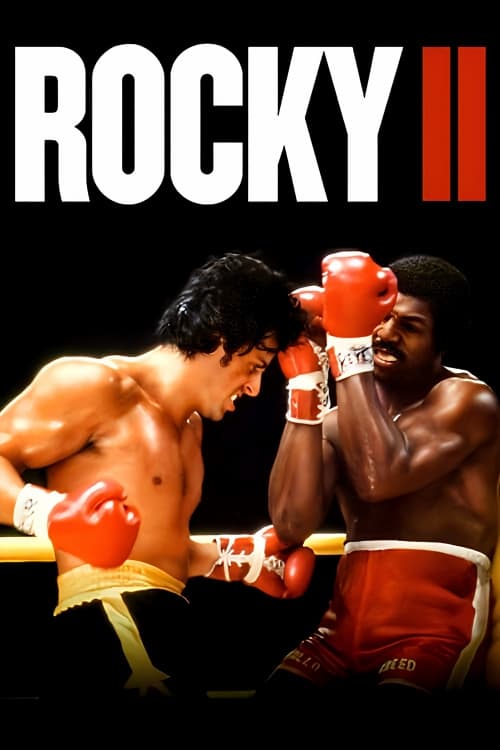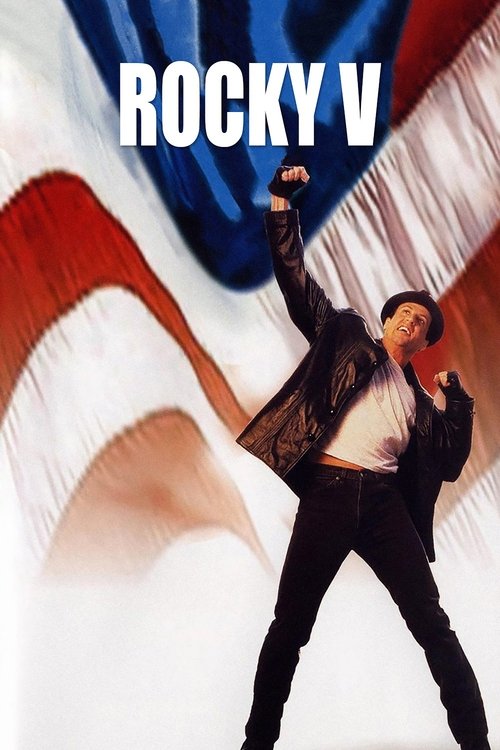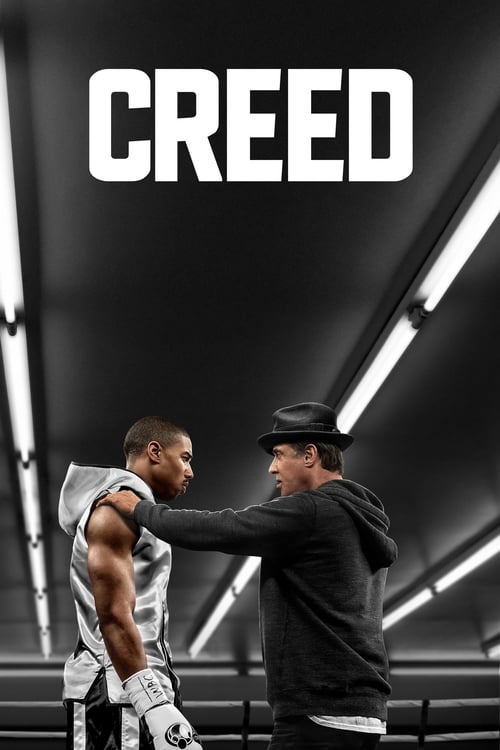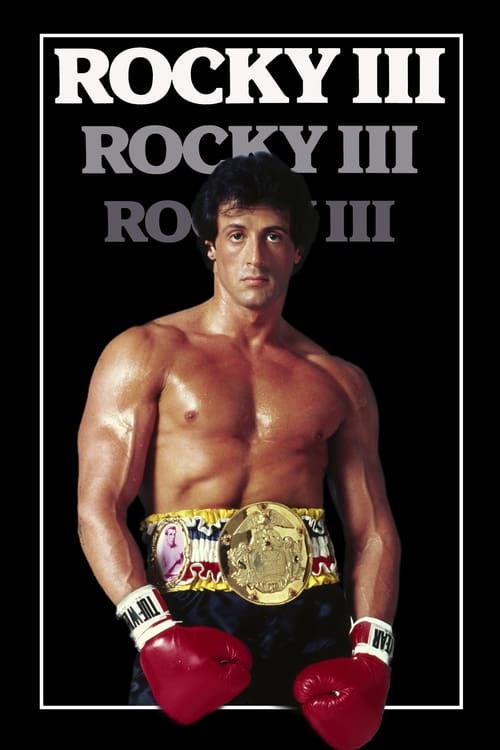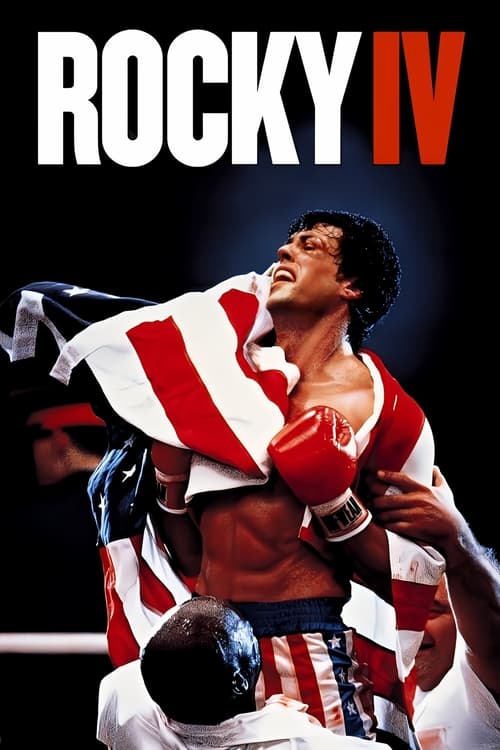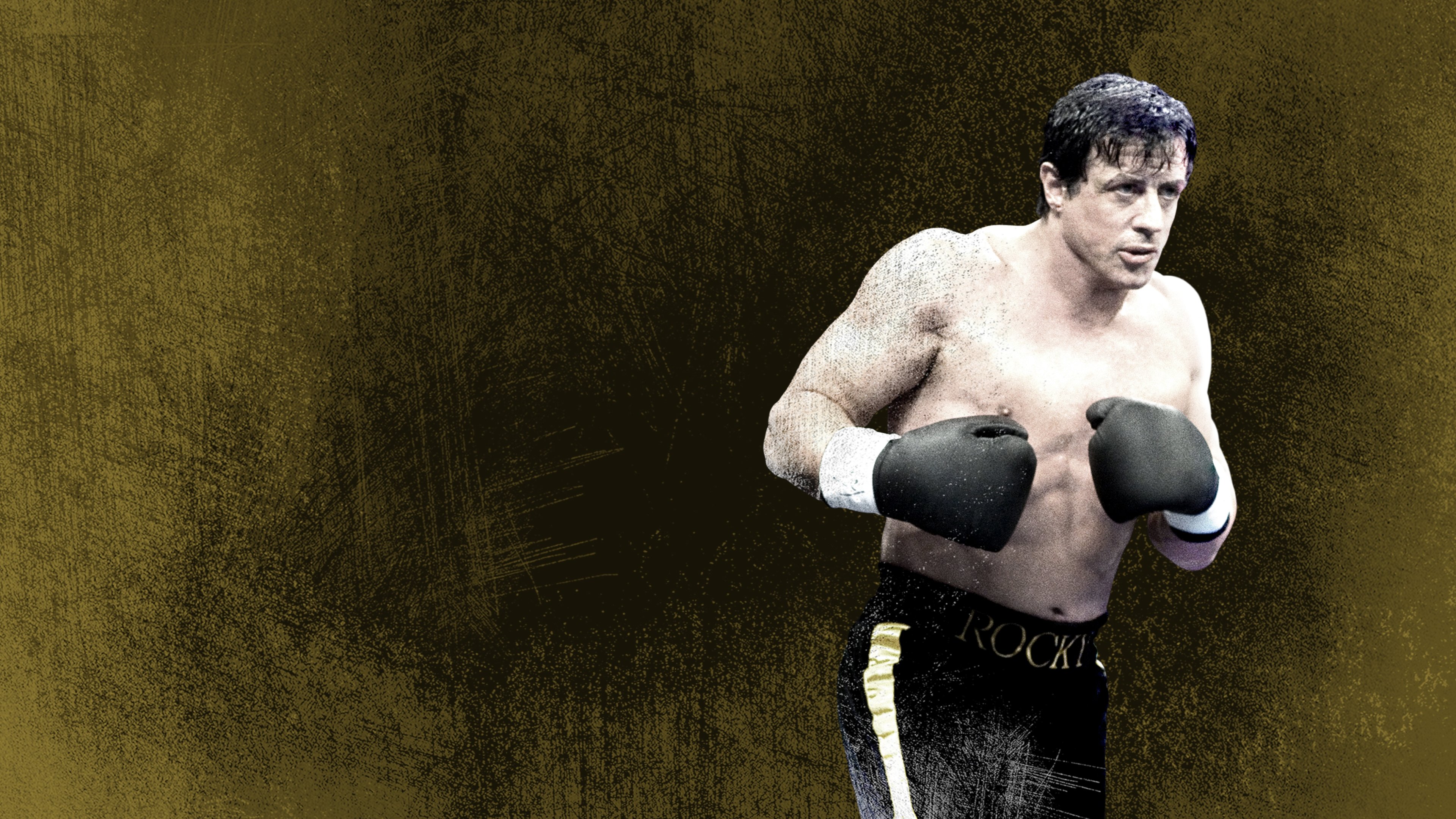
2006
Rocky Balboa
Drama
7.0
User Score
3737 Votes
Status
Released
Language
en
Budget
$24.000.000
Production
Metro-Goldwyn-Mayer, Revolution Studios, Chartoff Productions, Winkler Films
Overview
When he loses a highly publicized virtual boxing match to ex-champ Rocky Balboa, reigning heavyweight titleholder Mason Dixon retaliates by challenging the Italian Stallion to a 10-round exhibition bout. To the surprise of his son and friends, Rocky agrees to come out of retirement and face an opponent who's faster, stronger and thirty years his junior. Rocky takes on Dixon in what will become the greatest fight in boxing history!
Review

themoviediorama
5.0
Rocky Balboa, much like the titular character, throws tired punches within the constraints of its clichéd boxing ring. Thirty years since Rocky, the underdog from Philadelphia, graciously climbed into the ring and gave Apollo Creed a run for his money. Then a sequel was commissioned. And another one. And another. Until the negligently produced ‘Rocky V’ was released with its disappointing conclusion, leaving fans underwhelmed. Stallone too, discontent with the final product. Thus, the sixth title in the series was conceived, with Stallone starring, writing and directing the feature. Throughout the sequels, many tropes were repeatedly utilised to capitalise on the resounding success of the original instalment, after all it received the Best Picture award of ‘76. The training montage to “Gonna Fly Now”, the awkward conversational exchanges between Rocky and a potential love interest, the old optimistic monologue and Stallone attempting to demonstrate he isn’t just a masterpiece wax work by shedding one tear. All culminating into an emotional boxing match where it doesn’t matter who wins, “it’s about how many hits you can take, and still keep moving forward”.
The narrative difference in all these thirty years? Rocky is older now. Fine, that was somewhat harsh. Stallone implements some note-worthy additions to the linear storytelling. The brooding aura of melancholy that envelops Rocky and Philadelphia, struggling to move on from the passing of his wife Adrian. This sorrowful force restraining Balboa to a mere relic within the sport that he fought so viciously in. Guests visiting his restaurant (aptly names “Adrian’s”) to intently listen to his tales, as if a museum piece for all to reminisce. Struggling to retain his symbolic status within boxing.
The problem is, Stallone never progresses the plot. In fact, he maintained the narrative to be a simple yet dull nostalgia trip that relied heavily on sentimentality. A wearisome derivative of the original that, unfortunately, felt fatigued in terms of homaging certain plot points. The entire first act was Balboa moping around, despite Adrian passing years ago, embodying remorse. Stallone, as Rocky, nailed the consistency of his character. From the awkward dialogue to his emphatic mannerisms, he constantly reminded us that he is the only actor available to play this legendary cinematic character. Whilst Stallone’s performance was commendable, others not so much.
There’s an underlying issue with insufficient chemistry between the actors. Stallone and Hughes, reprising the character of Marie, were decent if undercooked. Stallone and Ventimiglia on the other hand, who portrays his son, had nothing. All dialogue exchanges between them felt forced and lacked emotionality, particularly when Ventimiglia was “supporting” his father outside the ring. Young was passable as Paulie, although acting talent has diminished considerably over the years with his constant shouting.
The third act boxing match was filmed concisely, with Stallone taking a distant approach in order to exploit the energy within the room. The corny punching sound effects were removed, with Stallone and Tarver actually throwing real punches. It certainly exhumed realism, if a tad pedestrian. However, Stallone then opted to embed unusual visualised effects within the fight to indicate Rocky’s thought process as he remembers past fights in search for vigour. Far too cheesy and cumbersome, breaking up the flow of the match with unnecessary slow motion. Rocky’s opponent Mason Dixon was severely underdeveloped, lacking strength within his motives as he yearns to be taken seriously as a heavyweight champion.
Rocky Balboa will entertain fans of the franchise. It encompasses several vital narrative elements that many have learned to adore. However, for the casual audience who are neither here nor there regarding the series, it’s a drained formulaic story that depends too heavily on paying homage to its predecessors. Ultimately exhausting itself before the penultimate fight commences.
Read More 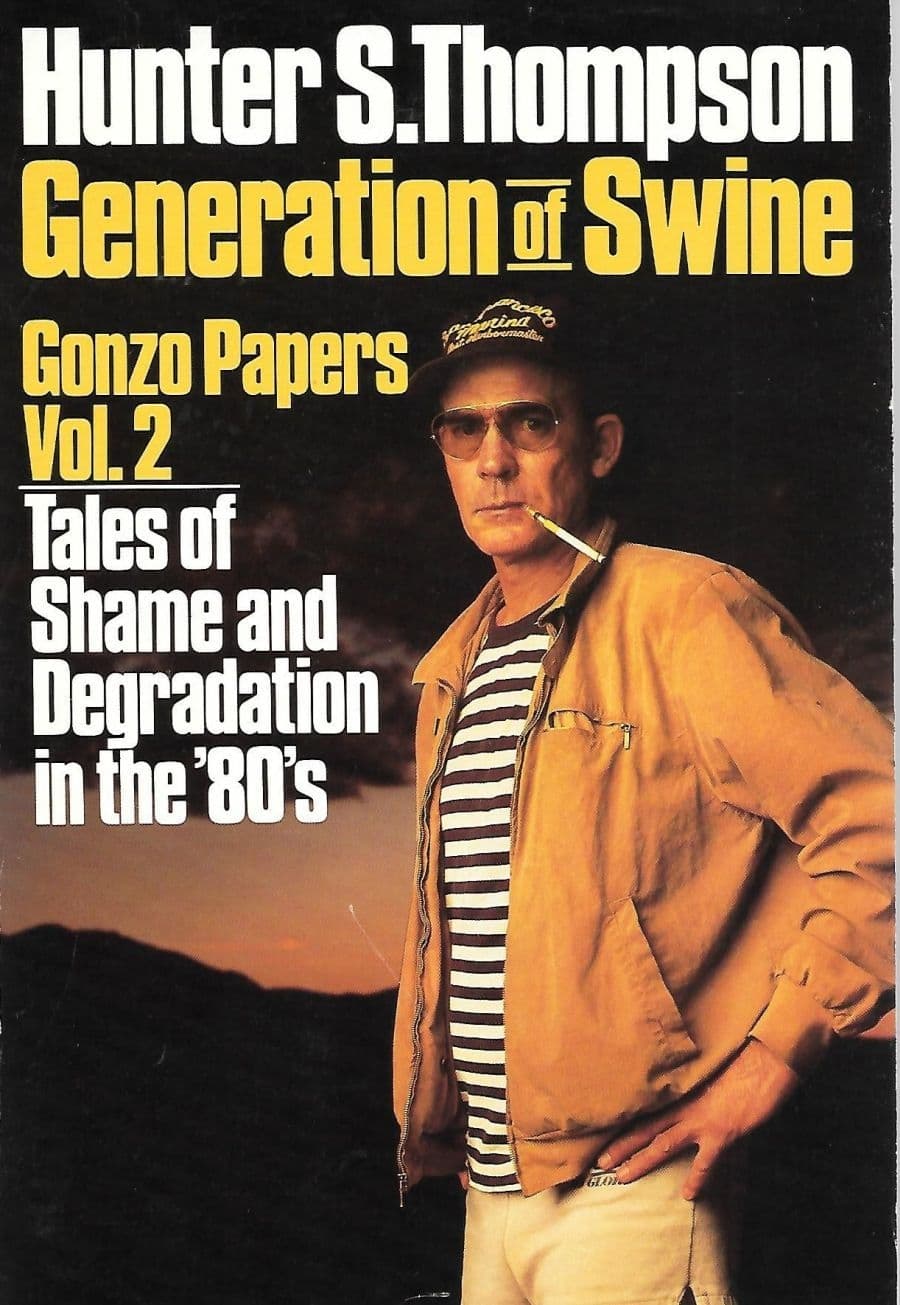
GenerationofSwine
10.0
You know this was the story that SHOULD have been told in Rocky V, or at least this is the kind of story that should have been told.
Unfortunately it is a story told sans Talia Shire, who along with Burt Young and Carl Weathers are Rocky staples... of course Creed was dead in the timeline, so his absence is excusable... but we all kind of wanted to see Adrian, and wanted another story that developed her especially since they kind of stopped developing her as of Rocky III and relegated her to the sidelines.
But, you got to see a typical Rocky story. You got to see Rocky dig in and be inspiring again... and that is why we all love Rocky stories isn't it? Rovky V lacked the inspiration, Rocky Balboa came back with full force and it has continued though Creed, and, hopefully, when I get around to watching it, it will be there in Creed II as well.
The magic is that it comes back to the Rocky I and II dynamic, where it's not just about boxing, it's about Rocky and his story. And that is what we all missed in III and IV, and was attempted but failed miserably in V.
It felt like an early Rocky film, it felt like both an end and a rebirth of the franchise, and it was a very satisfying film to watch... especially given didn't really pull the punch we were all dreading and hit us full force.
Read More 